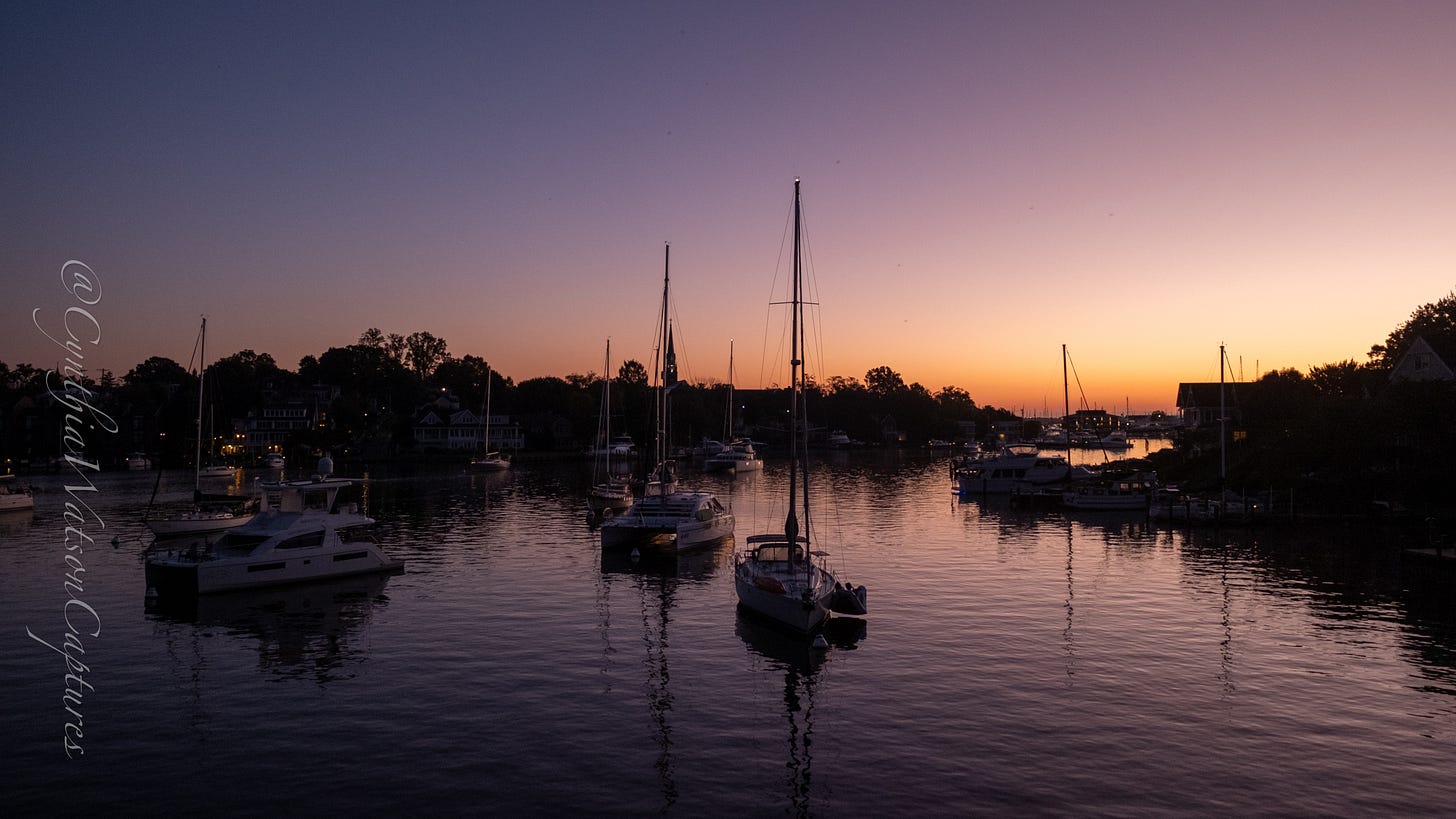I confess to being a solver. As I age, I decreasingly have tolerance for Chris Coke’s “admiring the problem” stage where we too often stop thinking hard or recognizing Houston has a problem. Diagnoses are integral but only a step. We have to identify and implement the hard steps if we want to get to our objectives or reconcile our positions as a country.
I want to resurrect a couple of the last few days’ columns to illustrate where we are landing as a society on our commitments in an era of stress on individual choices. Actions create consequences but we don’t seem to see that they are interrelated.
Today’s column returns to yesterday’s discussion of more natural disasters affecting our citizens
(https://cynthiawatson.substack.com/p/willful-ignorance-facts-attached). I received an affirmation from a California subscriber about insurance becoming virtually unattainable. I have been to the woman’s stunning home, far from the fire areas of the Berkeley hills or peaks northeast of L.A. yet she said, despite her husband’s proof—to include geologic evidence— to insurers about their location’s safety, they are on a one year policy extension from their company with multiple other major insurers simply rejecting applications in that state where 40 million Americans lives. An Idaho subscriber similarly discussed the frustration and dangers that insurance gaps are creating.
Coincidentally, today’s New York Times includes an interactive map of where people are moving into threatened locations, or “disaster-prone risks” in their parlance. It is an astonishing article in a couple of ways. The correlation between people moving in droves to those places with higher risks of heat, hurricanes and fires is quite high as people are moving there in the millions. Similarly, the map indicates the number of locales facing these problems are growing, decreasing “less risk prone” options as people clearly seek to abandon predominantly northern locations. People want to move predominantly to warmer climates but with potential dangers.
A third observations returns us to last week’s discussion on people reliant on government assistance
(https://cynthiawatson.substack.com/p/willful-ignorance-facts-attached).
Try overlaying a map of those places where Americans are relocating shows a high, although by no means exclusive, coincidence of people moving into those areas where they will absolutely require massive aid when natural disaster hits; much more likely when rather than if. Interestingly, the voting in the affected areas is predominantly for the Party that theoretically advocates for smaller government yet natural disasters trounce any chance of less government spending on emergencies because of these increasing concentrations of vulnerable people.
Actions definitely create consequences. We all make choices in our lives, some of which can be disastrous while others fabulous. I would be be remiss is I did not ask whether our current system is creating a classic “moral hazard”: a public policy which incentivizes an individual or organization to act irresponsibly or recklessly if protected or exempt from the consequences of the particular action(s). Are we?
If indeed Project 2025’s draconian ambition to downsize government were implemented, it would give lie to my prediction because the intention is to dismantle those agencies charged with recovery in these sorts of tragedies. My point last week was not that agencies could not be pared back but that the full objective the authors’ advocate would result in profound dislocation for those supporting the lawmakers who would have to implement the Plan. Never say never.
In short, we are experiencing accumulating natural disaster-driven disruption, if not outright danger, as a result of our relocation choices. Of course, we crave our freedom for our individual paths but we ought stop being naïve: the risks are genuine and, in some cases, inevitable crises. Where does our individual demand for autonomy cross over into consequences too much for the society to shoulder? I don’t know but you will have a view.
I welcome your thoughts, questions, and rebuttals. Thank you for your time. Please feel free to circulate this column if you find it of value as I seek to expand our conversation on the challenges we confront. Thank you, subscribers, for your support.
The sunrise was classic beauty for the final day of the powerboat extravaganza.
Be well and be safe. FIN
Dictionary.com
Mira Rojanaskul and Nadja Popovich, “Where Americans Have Been Moving into Disaster-Prone Areas”, NewYorkTimes.com, 30 September 2024, retrieved at https://www.nytimes.com/interactive/2024/09/30/climate/americans-moving-hurricane-wildfire-risk.html





The financial costs for repair argue things are decidedly worse. Are you saying we should tell these folks only a dime in the dollar or something for repair, Cliff? I am intrigued by your thoughts.
Is part of the question why are folks leaving for the hinterlands. They know about hurricanes and forest fires. Are they attracted to the new locale or just strongly rejecting their current home?
But, it raises questions. And, not all are convinced it is worse. I have a friend who writes long EMails on each new hurricane and suggests things are overstated. As I recall, Friday last was a hurricane in the 1960s that killed 6,000 in Cuba and Haiti.
Cliff